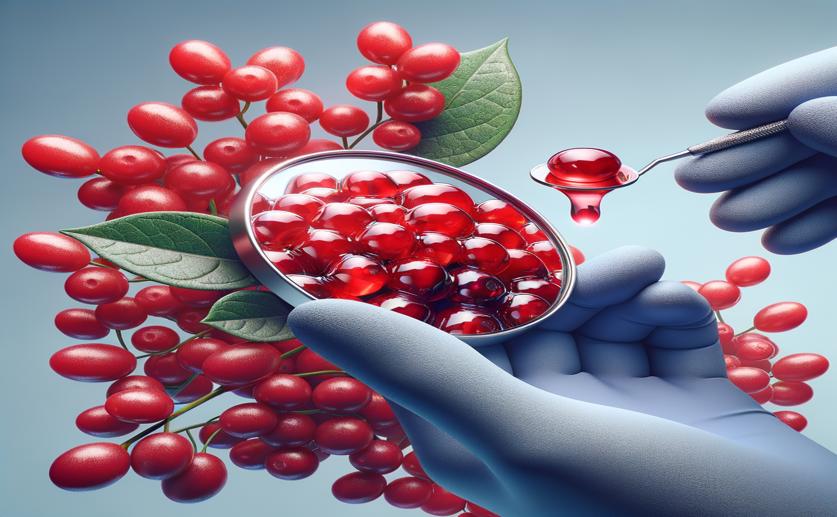
Cranberry-Enhanced Dental Resin Shows Improved Strength and Hardness
Jenn Hoskins
2nd July, 2024

Image Source: Natural Science News, 2024
Key Findings
- The study by SRM Dental College, Chennai, India, explored adding cranberry extract to PMMA denture base resin to improve its properties
- Adding up to 2% cranberry extract did not significantly change the flexural strength of the denture material
- However, the microhardness of the denture material decreased significantly with the addition of cranberry extract
References
Main Study
1) Evaluation of flexural strength and microhardness in Vaccinium macrocarpon (cranberry)-added self-cure polymethyl methacrylate dental resin: An in vitro study.
Published 1st July, 2024
https://doi.org/10.4103/jips.jips_25_24
Related Studies
2) To evaluate the status and need for dental prosthesis among the geriatric population of Central India reporting to the dental colleges.
3) Epidemiological survey on edentulousness.
Journal: The journal of contemporary dental practice, Issue: Vol 13, Issue 4, Jul 2012
4) Treatment planning considerations in the older adult with periodontal disease.
5) Denture Wearing and Malnutrition Risk Among Community-Dwelling Older Adults.



 10th May, 2024 | Jim Crocker
10th May, 2024 | Jim Crocker